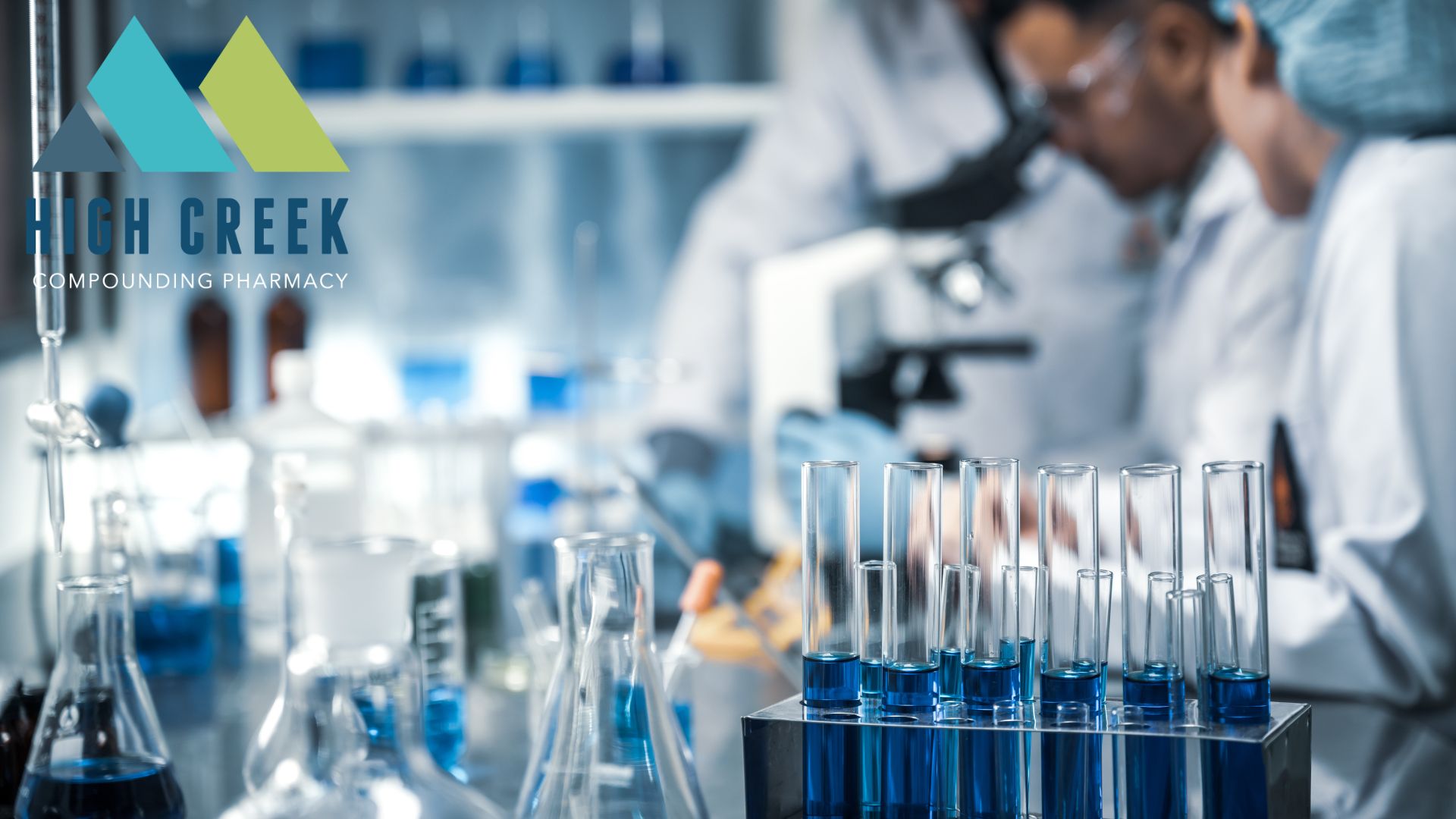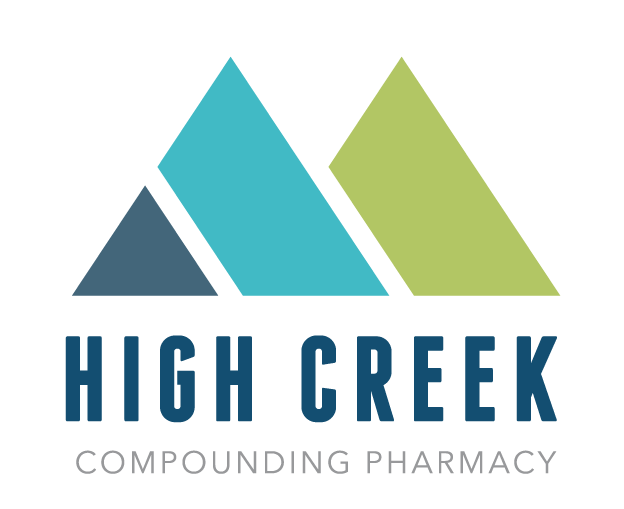
04 Jul The Science Behind Extemporaneous Compounding: Customized Medications for Specific Needs
Medicine has a growing demand for customized medications that cater to individual patient needs. Extemporaneous compounding, also known as pharmaceutical compounding, is a process through which pharmacists prepare personalized medications by combining specific ingredients to meet the unique requirements of patients. This practice dates back centuries and plays a crucial role in modern healthcare. This blog post will explore the science behind extemporaneous compounding and its significance in providing customized medications for specific needs.
The Art and Science of Extemporaneous Compounding
Extemporaneous compounding is a highly specialized practice in the pharmacy field that involves the preparation of medications that are not readily available in standard commercial forms or require customization for specific patients. Pharmacists who engage in this process must possess extensive knowledge of pharmaceutical ingredients, drug interactions, dosage forms, and compounding techniques. By combining active pharmaceutical ingredients (APIs) and excipients, pharmacists can create personalized medications that cater to patients’ individual needs.
This flexibility allows for dosage adjustments and alternative delivery methods to accommodate patient preferences or specific medical conditions. For example, a patient with difficulty swallowing may benefit from compounding their medication into liquid. This ability to tailor medications ensures patients receive the most appropriate treatment by providing personalized solutions that may not be commercially available. Extemporaneous compounding is vital in optimizing patient care and improving therapeutic outcomes.
By providing customized medications, pharmacists can address the unique needs of individual patients and ensure they receive the most effective treatment possible. This practice also enables pharmacists to adapt treatments based on emerging research or evolving patient conditions, allowing for a more personalized approach to healthcare. Overall, extemporaneous compounding is an essential aspect of pharmacy practice that helps meet the diverse needs of patients and enhance their overall quality of life.

Tailoring Medications to Unique Patient Needs
Extemporaneous compounding is a practice that holds immense value and versatility in the pharmacy field, as it provides several advantages for patients. One of the most significant benefits is its ability to cater to the unique requirements of individual patients. For instance, some individuals may have allergies or sensitivities to certain ingredients commonly found in commercially available medications. Extemporaneous compounding allows pharmacists to create personalized formulations free from allergens, ensuring the safety and well-being of patients.
Moreover, some patients may face challenges swallowing pills or capsules and require alternative dosage forms such as creams, gels, or suspensions. Through extemporaneous compounding, pharmacists can customize medications to suit these patients’ specific needs and preferences, making it easier for them to adhere to their treatment plans. This tailored approach not only improves patient adherence but also enhances treatment outcomes.
By working closely with healthcare providers, pharmacists can collaborate to optimize patient care and ensure that each individual receives medication in a form that aligns with their specific needs. Extemporaneous compounding plays a crucial role in addressing the diverse needs of patients and providing them with tailored solutions for optimal health outcomes. It exemplifies the commitment of pharmacists to delivering patient-centered care and improving the overall quality of life.
Precision and Accuracy in Compounding
Extemporaneous compounding in pharmacy is a complex and precise process that requires pharmacists to exercise the utmost accuracy and precision. It involves carefully measuring the dosage of each active pharmaceutical ingredient (API) and combining it with appropriate excipients to create a final product that is consistent and effective. Compounding pharmacies rely on advanced equipment, such as electronic balances and mixers, to ensure accurate measurements and uniform mixing. To maintain the highest standards in pharmaceutical compounding, compounding pharmacies adhere strictly to rigorous quality control procedures.
This includes comprehensive testing and analysis to ensure the safety and efficacy of compounded medications. These accurate measures are crucial in ensuring that patients receive safe and reliable medications tailored to their specific needs. By following these protocols, compounding pharmacies can provide patients with personalized medications that may not be commercially available. This is vital in improving patient outcomes and healthcare by offering customized treatment options for individuals with unique requirements or sensitivities.
In addition to customization, compounding pharmacies also offer essential services for patients who have difficulty swallowing pills or require alternative dosage forms such as creams, gels, or liquids. These alternative forms make it easier for patients to take their medication, increasing compliance and ensuring proper dosing. Overall, extemporaneous compounding in pharmacy is a highly regulated process that requires precision and adherence to strict quality control measures. Compounding pharmacies play a critical role in meeting individual patients’ unique needs and improving overall healthcare outcomes by providing customized medications and alternative dosage forms.
Overcoming Formulation Challenges
Extemporaneous compounding, the process of preparing customized medications on demand, can be challenging due to various formulation difficulties. Selecting specific active pharmaceutical ingredients (APIs) can further complicate matters, as some APIs may not remain stable in certain dosage forms or have limited solubility. To ensure the stability and effectiveness of compounded medications, pharmacists must carefully choose compatible excipients and employ specialized techniques.
In addition to traditional compounding methods, pharmacists can use advanced pharmaceutical technologies such as nanoemulsion systems or liposomes. These innovative technologies have the potential to enhance drug delivery and improve the bioavailability of medications, providing patients with more effective treatment options. By leveraging their expertise and knowledge, compounding pharmacists can create personalized formulations that address the unique needs of individual patients. This tailored approach to medication allows for optimized therapeutic outcomes and ensures that patients receive treatments specifically tailored to their needs and preferences.
The role of compounding pharmacists is crucial in ensuring the safety and efficacy of compounded medications. Their personalized approach to healthcare provides patients with individualized treatment experiences and contributes to better overall therapeutic outcomes. By working closely with physicians and patients, compounding pharmacists play a vital role in meeting the unique medication needs of individuals.
Collaboration between Healthcare Providers
Extemporaneous compounding is a complex process that requires close collaboration among healthcare providers, including pharmacists, physicians, and patients. Physicians are crucial in identifying patients who benefit from personalized medications and prescribing the appropriate formulations. Pharmacists then use their extensive knowledge and skills to create customized medications based on the physician’s prescription and the patient’s specific requirements. Effective communication and collaboration among all stakeholders are essential to ensure patient safety and achieve optimal therapeutic outcomes. This collaborative approach allows for tailored treatment options that may not be available through commercially manufactured medications.
By customizing medications to meet individual patient needs, healthcare providers can improve patient care and satisfaction. The extemporaneous compounding process highlights the significance of interdisciplinary teamwork in healthcare delivery. It emphasizes the importance of pharmacists working closely with physicians to ensure patients receive the most suitable medications for their unique circumstances. This collaborative effort maximizes the potential benefits of customized medications and reinforces the value of a multidisciplinary approach to patient care. Furthermore, ongoing communication and coordination among healthcare professionals are critical to ensuring patient outcomes.
By maintaining open lines of communication, healthcare providers can address any concerns or adjustments needed throughout the treatment process. This collaboration fosters trust between patients and their healthcare team, improving adherence to medication regimens and overall patient satisfaction. Extemporaneous compounding exemplifies how effective teamwork and collaboration among healthcare providers can enhance patient care by tailoring treatments to individual needs. This approach underscores the importance of a multidisciplinary approach to healthcare delivery and reinforces the value of personalized medicine in improving patient outcomes.

Regulatory Considerations and Safety
Pharmacists are crucial in compounding as they stay up-to-date with the latest regulations to minimize risks and prioritize patient safety. They ensure that all medications are accurately prepared using high-quality ingredients and proper compounding techniques. By following these guidelines, compounding pharmacies can offer reliable and efficient customized medications that cater to the unique needs of patients. This personalized approach allows pharmacists to address specific allergies, dosage strengths, or formulation preferences that may not be available in commercially manufactured drugs. The customized system ensures that patients receive trustworthy treatments tailored specifically to their needs and fosters a solid pharmacist-patient relationship built on trust.
Adhering to these guidelines promotes optimal therapeutic outcomes and enhances patient satisfaction. In addition to regulatory compliance, compounding pharmacies must implement rigorous quality control measures. This includes testing for sterility, potency, and stability of compounded medications. These measures further ensure the safety and efficacy of compounded medications. By following these guidelines and regulations, compounding pharmacies can continue to provide essential healthcare services by meeting the unique medication needs of patients who require individualized treatment options. This ensures patients receive the best possible care while minimizing risks and ensuring their well-being.
Conclusion
In conclusion, the science behind extemporaneous compounding at High Creek Pharmacy in Richmond, UT, offers a valuable solution for patients with specific medication needs. Their experienced pharmacists can create customized medications tailored to individual patients through a meticulous blending of art and science. High Creek Pharmacy’s in-depth knowledge of pharmaceutical ingredients, dosage forms, and compounding techniques ensures precise and accurate formulations that address unique patient requirements.
High Creek Pharmacy in Richmond, UT, is your go-to destination if you require personalized medications or have specific medication needs. With their expertise in extemporaneous compounding, they can provide customized medications that suit your needs. By collaborating closely with healthcare providers, High Creek Pharmacy ensures that your medications are safe, effective, and of the highest quality. Contact High Creek Pharmacy today to experience the science behind extemporaneous compounding and receive personalized care that meets your specific requirements.

No Comments